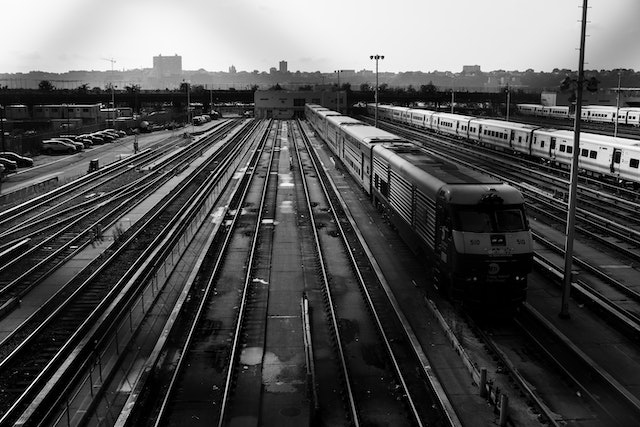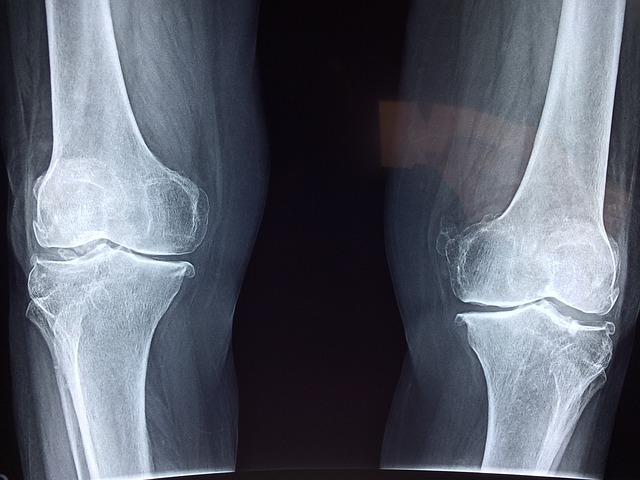Mandates Established Under the Safety Appliance Act
Under the Safety Appliance Act, railroad employers have an absolute duty to ensure that all of their working locomotives have properly functioning safety devices installed and have safe working conditions for employees aboard. 49 Code of Federal Regulations Part 231 lists all the safety requirements incumbent upon railroad operators under this Act, but some worth highlighting, in particular, include the following:
- All railcars must have securely mounted running boards, ladders, sill steps, handholds, and grab irons where applicable
- All railcars must have brake systems in good working condition that allow engineers to safely and quickly slow the locomotive without having to use handbrakes
- Coupling mechanisms between railcars must couple and uncouple automatically without requiring railroad workers to manually perform either task
- Railcars must have properly installed and functional drawbars where applicable
- Walkways between railcars must be free of slipping and tripping hazards at all times
Any railroad owner, operator, or employer who fails to fulfill any requirement established by this Act may bear strict liability under FELA for any injuries suffered by a railroad worker as a direct result of that safety violation.
Defining When the Safety Appliance Act Applies to a FELA Claim
The Safety Appliance Act (SAA) does not apply to every claim filed under FELA, nor does it automatically apply when a safety mechanism fails or a violation occurs. In order for the SAA to strengthen a FELA claim, the injury in question must have occurred while the locomotive in question was “in use.”
Accordingly, the strict liability established under the SAA does not apply to injuries caused by defective safety equipment while a train is stopped for maintenance, being repaired, undergoing inspection, or out of service for any other reason. In this kind of situation, the normal rules for FELA claims would apply, meaning that an injured worker would have to prove that some form of negligence by their employer directly caused their on-the-job accident in order to be eligible for recovery.
Contact a Defective Railcar Equipment Attorney Today
That being said, a train does not necessarily have to be actively in motion to be considered “in use” for the purposes of the SAA. So long as the train has been approved for active service and has not yet been taken out of service, this Act would apply to any injury resulting from unsafe conditions aboard. A knowledgeable attorney could offer further clarification about this unique aspect of certain FELA claims during a private consultation.





